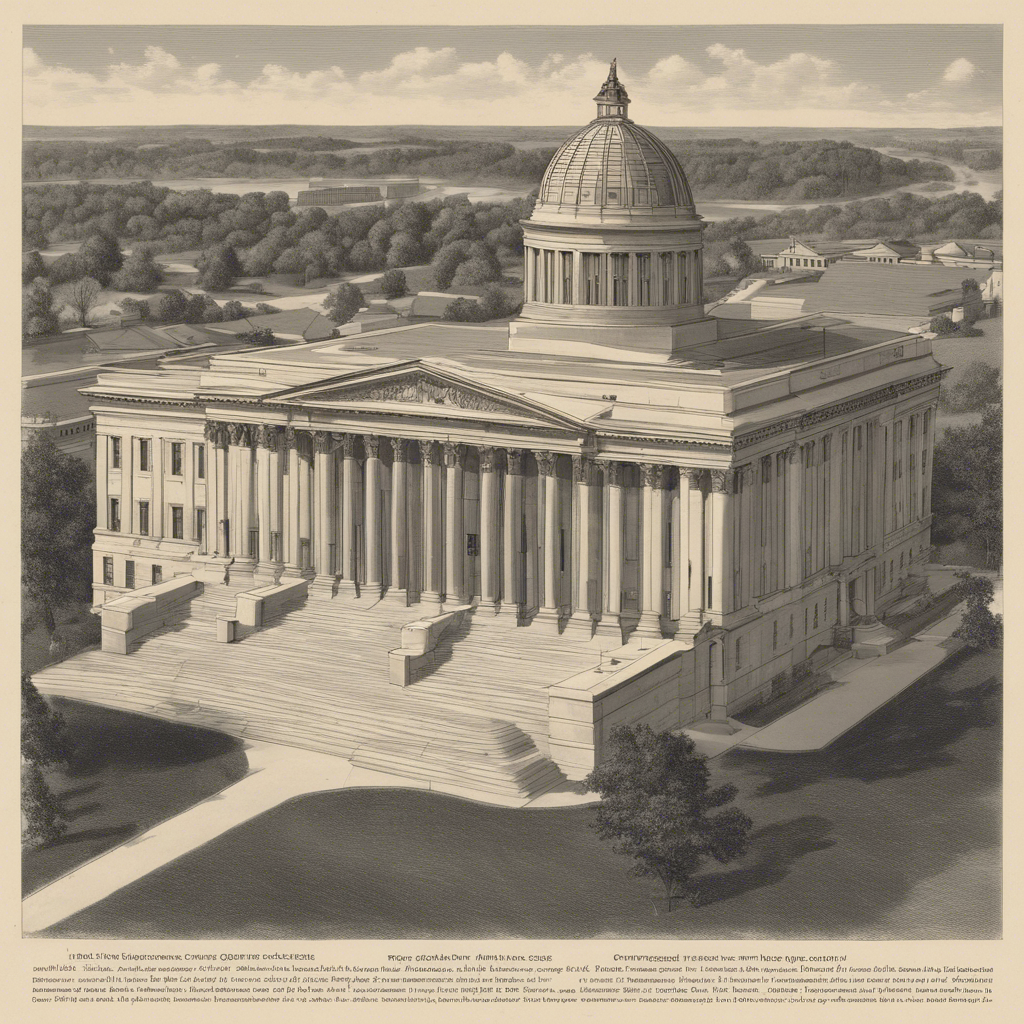Wisconsin Supreme Court to Hear Landmark Gerrymandering Case

Legal challenge in Wisconsin could upend gerrymandering and reshape political power
The Wisconsin Supreme Court is set to hear oral arguments on Tuesday in a groundbreaking legal challenge that could potentially dismantle one of the most egregious instances of gerrymandering in the United States. The case, brought forth by 19 Democratic voters in the state, seeks to declare the existing legislative district maps unconstitutional and calls for the creation of new ones before the 2024 election. This lawsuit stands out from similar challenges in other states due to its focus on the requirement of compactness and contiguity in district maps, as well as the alleged violation of the separation of powers clause in the State Constitution during the most recent redistricting process.
The Battle for Compactness and Contiguity
The plaintiffs in the Wisconsin gerrymandering case argue that the current district maps violate the State Constitution’s mandate for compact and contiguous districts. They contend that the contorted shapes and fragmented nature of the districts are a deliberate attempt to dilute the voting power of certain communities and manipulate electoral outcomes. By challenging the maps on these grounds, the plaintiffs aim to set a precedent that would require future redistricting efforts to prioritize compactness and contiguity, ensuring fair representation for all citizens.
Gerrymandering and the Separation of Powers
In addition to the issue of compactness and contiguity, the Wisconsin lawsuit also challenges the constitutionality of the most recent redistricting process based on the separation of powers clause in the State Constitution. The plaintiffs argue that the way the maps were updated gave excessive power to the Republican-controlled State Legislature, infringing upon the authority of other branches of government. They contend that this imbalance undermines the democratic principles upon which the state’s governance is built and calls for a more equitable and transparent redistricting process.
The Implications of a Potential Ruling
If the Wisconsin Supreme Court rules in favor of the plaintiffs, it could have far-reaching implications not only for Wisconsin but also for the broader issue of gerrymandering across the country. A decision against the current district maps would not only require the creation of new, fairer maps in Wisconsin but also set a precedent for other states grappling with gerrymandering. This could potentially lead to a significant shift in political power, as the current maps heavily favor Republicans in the State Legislature. A ruling in favor of the plaintiffs would offer hope to those seeking to combat partisan gerrymandering and promote more representative democracy.
The Road Ahead
As the Wisconsin Supreme Court prepares to hear oral arguments in this landmark gerrymandering case, the eyes of the nation are on the outcome. The decision will not only shape the political landscape in Wisconsin but also have implications for the future of redistricting efforts across the United States. Regardless of the outcome, this case serves as a reminder of the ongoing battle for fair representation and the importance of upholding democratic principles in the face of partisan manipulation. As the arguments unfold, the nation waits with bated breath for a decision that could potentially reshape the future of American democracy.
Conclusion:
The Wisconsin Supreme Court’s upcoming oral arguments in the gerrymandering case present a pivotal moment in the fight against partisan manipulation of electoral districts. The lawsuit’s focus on compactness and contiguity, as well as the alleged violation of the separation of powers, sets it apart from other challenges to gerrymandering across the country. A ruling in favor of the plaintiffs could not only reshape the political power dynamics in Wisconsin but also provide a precedent for other states grappling with gerrymandering. As the nation awaits the court’s decision, the case serves as a reminder of the ongoing struggle for fair representation and the vital importance of upholding democratic principles.

